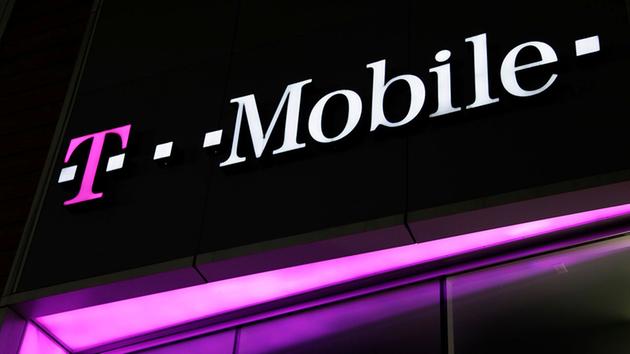ABC News
T-Mobile US will pay at least $90 million, mostly in refunds, for billing customers for cellphone text services they didn’t order, under a settlement with federal regulators.
The Federal Trade Commission announced the agreement Friday with T-Mobile over billing for unauthorized charges, a practice known as “cramming.” T-Mobile, the fourth-largest U.S. cellphone company, is paying at least $67.5 million in refunds to affected customers plus $18 million in fines to the 50 states and the District of Columbia, and $4.5 million in fines to the Federal Communications Commission.
The FTC sued T-Mobile in July, accusing it of billing customers for subscriptions to text services like $9.99-per-month horoscopes or celebrity gossip updates that they didn’t want or authorize.
T-Mobile collected 35 percent to 40 percent of the charges, even after being alerted by customers that they were bogus, the FTC alleges.
Officials told reporters on a conference call that the $90 million was a floor, not a maximum, for the amount that T-Mobile could end up paying. “It could be well north of $100 million,” said Bill Sorrell, the attorney general of Vermont.
A T-Mobile spokeswoman said the company had no immediate comment on the settlement. T-Mobile began a refund program in July and has said it has notified current and former customers. The company didn’t provide an estimate of how much it has paid in refunds to date.
Many consumers aren’t aware that third-party companies can put charges on their phone bills for text services, regulators say.
T-Mobile US Inc., based in Bellevue, Washington, is controlled by Germany’s Deutsche Telekom AG. It’s the No. 4 U.S. cellphone carrier after Verizon Wireless, AT&T and Sprint.
Under the settlement, T-Mobile must provide full refunds to all its customers affected by the “cramming,” and the amount it pays in refunds and fines must reach at least $90 million. If the payout doesn’t reach that amount, the difference between what T-Mobile pays and $90 million will go to the FTC for additional relief to consumers, consumer education or other uses.
T-Mobile also must contact all of its affected customers, both current and former, to tell them about the refund program and how they can make a claim. That must be done in a “clear and conspicuous way,” the FTC said. Going forward, T-Mobile must get customers’ explicit consent before putting third-party charges on their bills. The company must clearly indicate any third-party charges on the bills.
The settlement with T-Mobile came two days after another federal regulator, the Consumer Financial Protection Bureau, sued rival Sprint Corp. for alleged cellphone “cramming.” The CFPB is seeking an unspecified money penalty against Sprint.
“Mobile cramming is an issue that has affected millions of American consumers, and I’m pleased that this settlement will put money back in the hands of affected T-Mobile customers,” FTC Chair Edith Ramirez said in a statement. “Consumers should be able to trust that their mobile phone bills reflect the charges they authorized and nothing more.”







